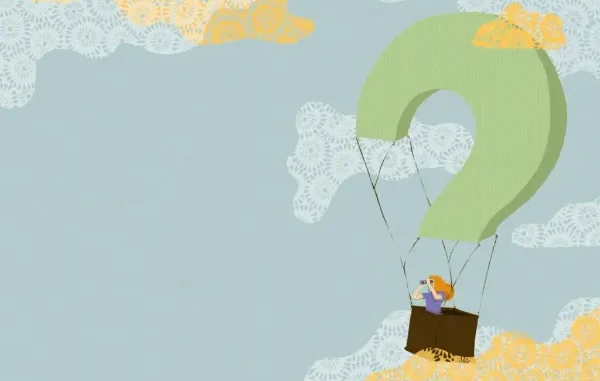
You’d think we’d prefer guarantees. Predictable outcomes. A clear path from A to B. But no – give us a mystery box, a lottery ticket, or a spinning wheel on a shopping site and we’re like moths to a dopamine-soaked flame.
So what’s the deal? Why are we, as a species, so weirdly obsessed with things we can’t predict?
Let’s break down the science behind why uncertainty feels kind of amazing – and how brands (and brains) are cashing in on it.
The Brain Loves a Wild Card
Here’s the short version: dopamine doesn’t just show up when we get something we like. It spikes harder when we might get something good.
This is called variable ratio reinforcement, and it’s the same trick slot machines and mobile games have been using forever. When rewards show up randomly, the brain gets hyped. We stay engaged. We keep clicking. Because maybe the next one’s a jackpot.
It’s not just a gaming thing. That same unpredictable reward loop is now baked into how we shop, stream, and scroll.
The Compulsion Loop Hits E-Commerce
Ever bought something without knowing exactly what you were getting? You’re not alone.
The whole mystery box trend – from tech gadgets to snacks to skincare – is built on the psychology of uncertainty. You pay, you wait, you unbox, you hope. And sometimes, you get lucky.
Take the jewelry mystery box craze. For a fraction of the usual price, you might score a designer bracelet… or a pair of earrings that look like they came from a cereal box. Either way, you clicked. You played the game. And chances are, you’ll do it again.
TikTok Unboxings and the Social FOMO Spiral
TikTok’s mystery box unboxings are basically lootbox culture meets reality TV. People film themselves opening random stuff, and it pulls in millions of views. The good boxes get celebrated. The bad ones? Roasted. But either way, it’s entertainment.
The platform effect adds a second layer of unpredictability – will your haul go viral? Will your “meh” necklace turn into a meme? Even if the product is mid, the story around it has value. And for Gen Z shoppers raised on digital engagement, story often beats stuff.
Ethics, Addiction, and a Bit of a Mess
Of course, not everything about this trend is feel-good science. Because we’re dealing with the same brain pathways that drive gambling habits, there’s a blurry line between fun and compulsion.
In fact, several countries – like Belgium and the Netherlands – have cracked down on digital lootboxes, especially in video games. And while physical mystery boxes haven’t caught the same heat yet, regulators are watching. As of 2025, there’s increasing pressure on platforms to disclose odds, cap spending, or slap age warnings on “chance-based” commerce.
Brands that build this stuff into their platforms need to get smart – and ethical – about how they do it. Because when the science is this powerful, the responsibility runs deep.
So… Why Do We Keep Clicking?
Because, truthfully, we like it.
Uncertainty makes life feel alive. It’s the same reason we binge crime shows, get addicted to plot twists, and check our phones 40 times a day even when we know nothing new is coming. We’re not just reward junkies – we’re maybe reward junkies.
And when that “maybe” is wrapped in shiny packaging with a countdown timer and a fake confetti animation? It’s game over for impulse control.
Surprises Are A Good Thing
We don’t chase mystery loot boxes because we need more stuff. We chase them because they hit that primal sweet spot between risk and reward – between knowing and hoping. And like it or not, the science says that’s exactly how our brains want it.
The only question left: do you open the box?
Leave a Reply